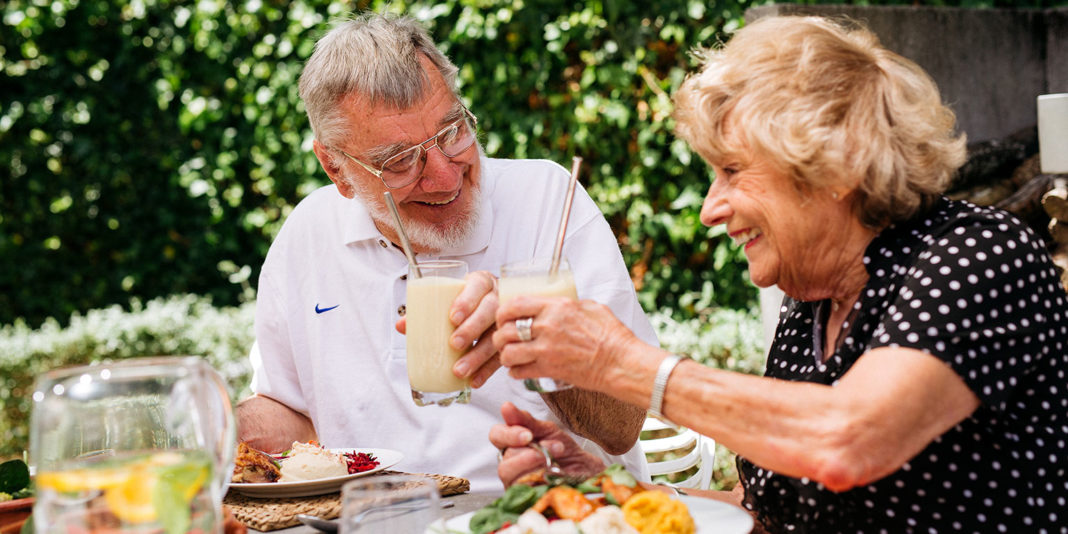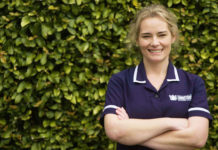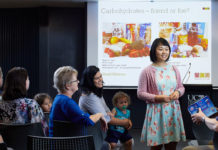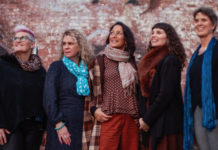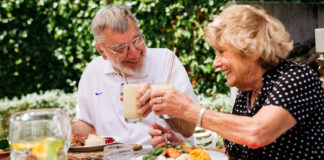Sponsored Article
Why do we need hydration?
Water is an essential nutrient which the body loses and cannot produce in the amounts it requires. It accounts for up to 80% of body weight and fills the spaces between cells, supports biochemical reactions and forms structures of large molecules like protein. Water is essential for physiological processes such as digestion, absorption and transportation.
If we do not consume water, or water containing foods or fluids regularly throughout the day, we become dehydrated.
Dehydration occurs in two ways, either the body is short of fluid because of “low intake” and failure to drink sufficient fluids, or due to increased fluid loss known as “volume depletion” caused by diarrhoea, vomiting or excessive bleeding.
What really happens when we become dehydrated?
Whatever way dehydration occurs it is serious. In normal healthy adults thirst is the signal that stimulates us to seek fluids. Thirst is stimulated when osmolality increases or the extracellular volume decreases. Unfortunately older people often have impaired thirst mechanisms and the signal to seek fluids is defective, which leads to dehydration.
Also when there is insufficient fluid intake or excessive fluid loss, the kidneys compensate by producing a more concentrated urine to maintain the individual’s fluid balance. However, in older people the kidneys ability to concentrate urine is impaired and dehydration occurs.
What are the risks of dehydration?
Older people who don’t drink enough (or have increased fluid losses) have an increased risk of:
- Pressure injuries
- Low blood pressure, Dizziness and Falls
- Cognitive impairment, confusion and delirium
- Constipation
- Urinary Tract Infections (UTIs) and acute kidney injury
What puts older people at risk of dehydration?
There are a wide range of reasons why older people are at higher risk of dehydration than younger adults, including:
- Decreased thirst sensation.
- Dysphagia – reduced ability to swallow thin fluids with aspirating and not enjoying prescribed thickened fluids
- Medication commonly required by older people such as diuretics and laxatives
- Hot weather – extreme summer temperatures will increase fluid requirements for some older people
- Fever, diarrhoea and vomiting increase fluid losses, so more than usual fluid intake is required to make up for these losses.
- Decreased renal function in older people
- Cognitive issues with forgetting to drink or losing the ability to drink independently
- Inability to access or communicate the need for drinks
- Concerns around continence – older people restrict fluid intake due to fear of having an accident.
- Inadequate staffing to meet recommended regular fluid rounds and assist residents to drink throughout the day
How do we know if the older person is dehydrated?
Simple signs and tests to assess dehydration such as skin turgor (how quickly your skin returns to normal position), urine colour or weight change are not sufficient indicators of “low intake” dehydration. A blood test (serum osmolality) is the gold standard measure to assess hydration status if necessary. However, all older people living in residential aged care facilities should be considered at risk of low intake dehydration (ESPEN 2018).
How much fluid do older people need and how do they get it?
It’s estimated that 20% of fluid requirements will come from food and 80% of daily fluid needs from drinks.
Minimum Fluid requirements:
- Females: 1.6L/ day
- Males 2L/day.
On average an intake of 30 mls/kg body weight is required to maintain fluid balance, individuals will vary in their requirements.
Fluids are not just limited to water, and for any older people at risk of malnutrition they should contain energy and protein (e.g. yoghurt, custards, ice-cream, smoothies etc.).
Making drinks more exciting by adding colour, flavour and for some people increasing the sweetness, may support increased intake.
Tips for reducing the risk of dehydration
- Put hydration plans in place for each resident with individual goals and regularly assess and review resident’s fluid needs.
- Continuous use of prompts for residents, from carers and relatives, encouraging them to regularly consume drinks.
- Set up hydration stations for residents and visitors in shared areas with drinks the residents enjoy.
- Encourage visitors to have a drink with residents they are visiting.
- Provide assistance with drinking and put in place flags. For example, use different coloured coasters for patients at risk of dehydration.
- Implement bedside wall charts identifying residents needing extra support to meet daily fluid goals.
- Educate all members of the team; residents, relatives and all staff on the importance of fluid consumption.
- Appoint a “Hydration Champion” in the care team to monitor hydration audit outcomes.
Then if you still continue to have concerns about a resident’s fluid intake consult with the facilities Doctor, Consultant Dietitian and/or Speech Language Therapist.
Want to take action now?
- Conduct regular fluids rounds every hour to 90 minutes during the day or as indicated in the facilities Hydration guidelines
- Remind residents, carers, family members/whanau it is everyone’s responsibility to ensure residents get the fluids they need.
- Access to water is a basic human right – Resolution 64/292, the United Nations General Assembly 2010
About The Pure Food Co
The Pure Food Co is a pureed food and fortified ingredient company on a mission to nourish our older people with NZ’s quality produce and best-in-class nutritional science. Visit www.thepurefoodco.co.nz or call 0800 178 733 for more information.
Try the Award Winning Peanut Butter Slab Smoothie
During these hot summer months, we ran a smoothie competition where aged care chefs and kitchen staff were invited to enter in their best smoothie creation so they could be in the running to win a grand prize worth $800!
We took the Top 3 smoothie recipes to the Highgrove Village & Patrick Ferry House & the awesome residents were our judges, voting for the smoothie they enjoyed the most!
The votes are in and the winner is… The Peanut Slab Smoothie by Nikolai Balanski from Ryman Healthcare Ltd Princess Alexandra won!
Congrats Nickolai, your delicious & nutritious Peanut Butter Slab Smoothie was a true crowd pleaser. Using our Choc Brownie dessert as the fortified smoothie base, his recipe provides 12.6g of protein per serve!
Check out the full story here.


